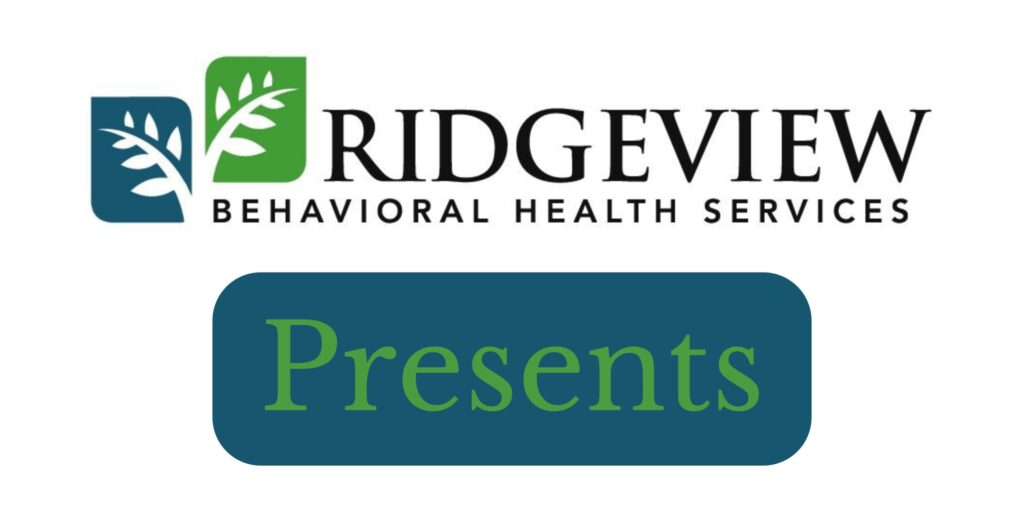
By Michael Yates
OAK RIDGE, TN. (WLAF)- Do you remember the closing scene from the original Willy Wonka and the Chocolate Factory? After Charlie and his grandfather are dismissed from the factory for breaking the rules, Charlie—heartbroken—slowly places the prized Everlasting Gobstopper on Wonka’s desk and turns to leave in shame.
And then, quietly, something shifts.
Wonka places his hand over the candy and says, “So shines a good deed in a weary world.”
We live in a weary time. Not the kind that sleep can cure, but a deep weariness that comes from carrying too much, for too long. Many are emotionally weary—exposed daily to distressing and divisive news, lingering grief, and a sense of disconnection that our devices can’t mend. Others are mentally weary from constant decision-making, information overload, and the pressure to appear “put together” in uncertain times.
For some, weariness is physical—stress that settles into the body, restless nights, or the strain of working harder just to keep up. Others carry the deeper exhaustion of using substances to numb their pain, only to find themselves caught in the grip of addiction. Their hope fades amid quiet questions of worth and disappointment in institutions once trusted to help them heal and recover. Many also know relational weariness, the fatigue that comes from caring for others without renewal, or from missing the restorative rhythms of community and connection.
This is the landscape of our weary time: a society stretched thin, longing not just for rest, but for renewal and recovery.
And yet, in the midst of the weariness, good deeds continue to shine—sometimes quietly, sometimes brilliantly—reminding us that light still breaks through.
Just look around.
Goodness shows up in small acts of kindness that interrupt despair: a neighbor leaving soup on a doorstep, a stranger covering a grocery bill, a teacher quietly buying supplies for a student in need. These gestures don’t fix everything, but they do something sacred—they remind us we’re not alone and that we need each other.
Goodness shines in those who listen deeply without trying to fix, who offer presence instead of platitudes. In a world that moves too fast and talks too loudly, a listening ear can feel like hope itself.
Goodness doesn’t just live in individuals—it can be built into the very systems that serve people. It shows up in social services that restore dignity, in volunteers and professionals who choose compassion over convenience, and in organizations like Ridgeview, where people come first. Through trauma-informed care, compassionate crisis response, and a no wrong door approach, Ridgeview offers hope, healing, and recovery for those facing mental illness, addiction, or trauma. Grounded in evidence-based practice and unconditional positive regard, Ridgeview reminds those who are weary that they are not alone—and that recovery is possible.
So, in this weary world, remember good deeds are not small. They are radiant. They offer what weariness cannot steal—hope, healing, and recovery in motion.
Look around. The world is full of people doing good things quietly and faithfully. Sometimes, that’s all the light we need to see the way forward.
If you or someone you know is in need of professional help, Ridgeview is here to support you.
Care can begin today through Ridgeview’s Walk-in Clinic locations in Anderson, Campbell, Fentress, Morgan, Scott, and Roane counties. Visit www.ridgeview.com to learn more.
For anyone experiencing a mental health crisis, Ridgeview’s Mobile Crisis Line is available 24 hours a day, 365 days a year at 1-800-870-5481.
Michael Yates is the Director of Development at Ridgeview Behavioral Health Services
(WLAF NEWS PUBLISHED 11/4/2025-6AM-PAID)

.jpg)